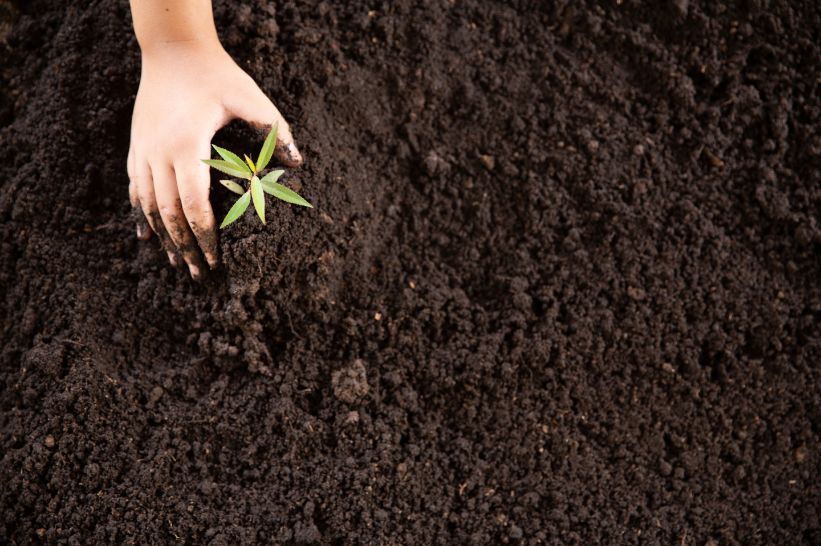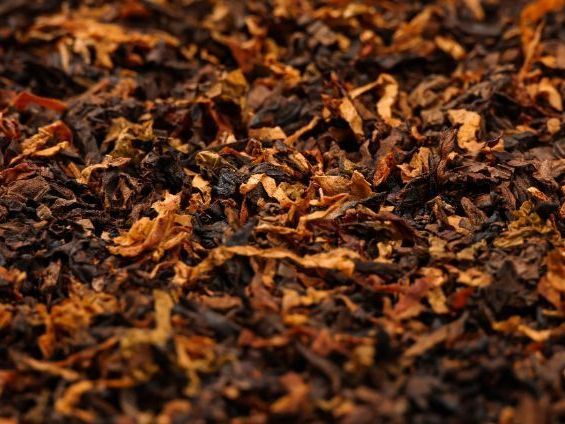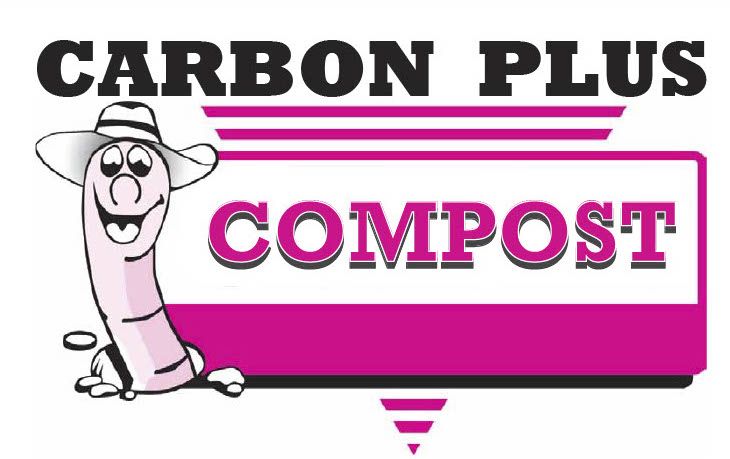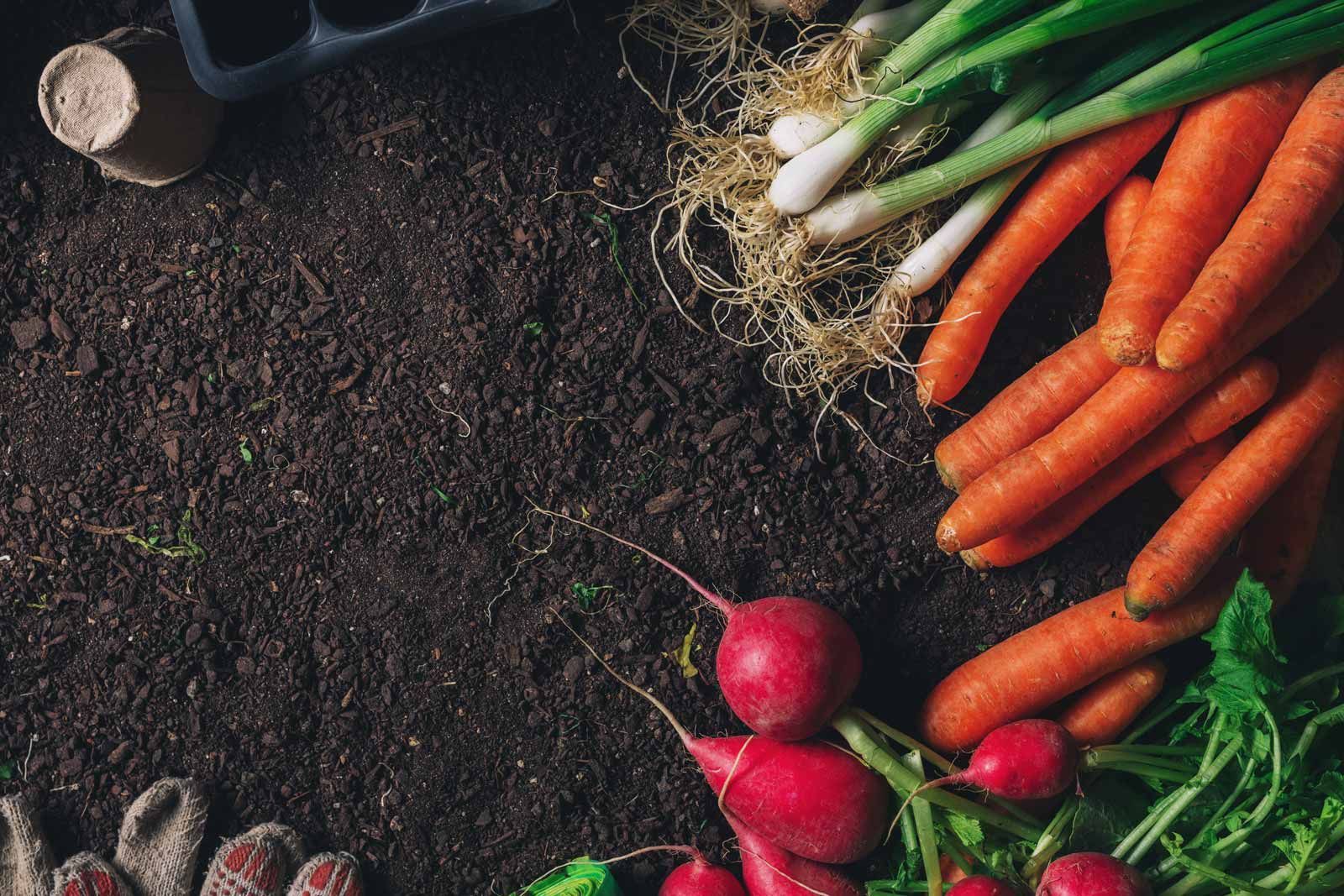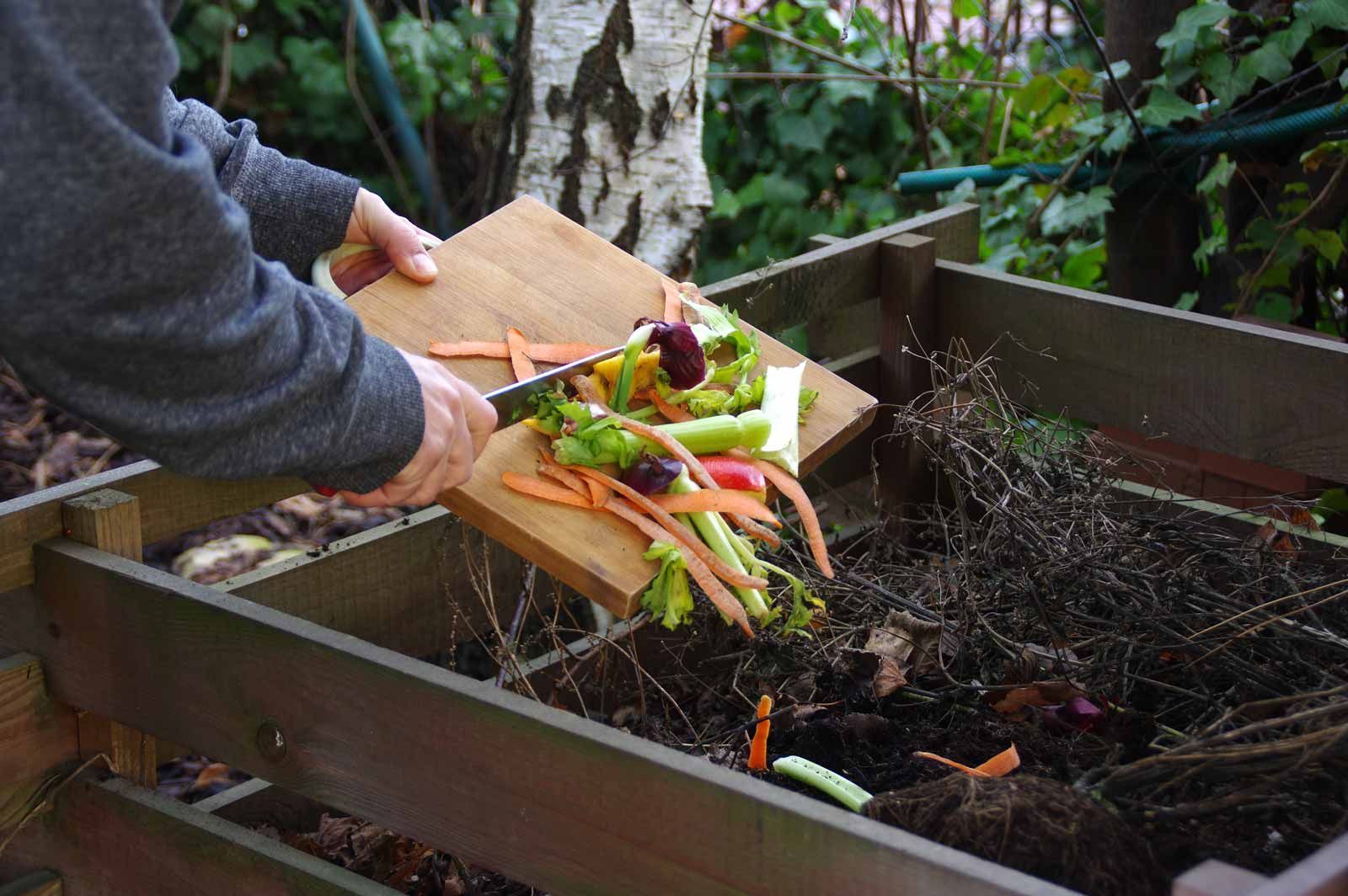Fertiliser vs. compost: key differences explained
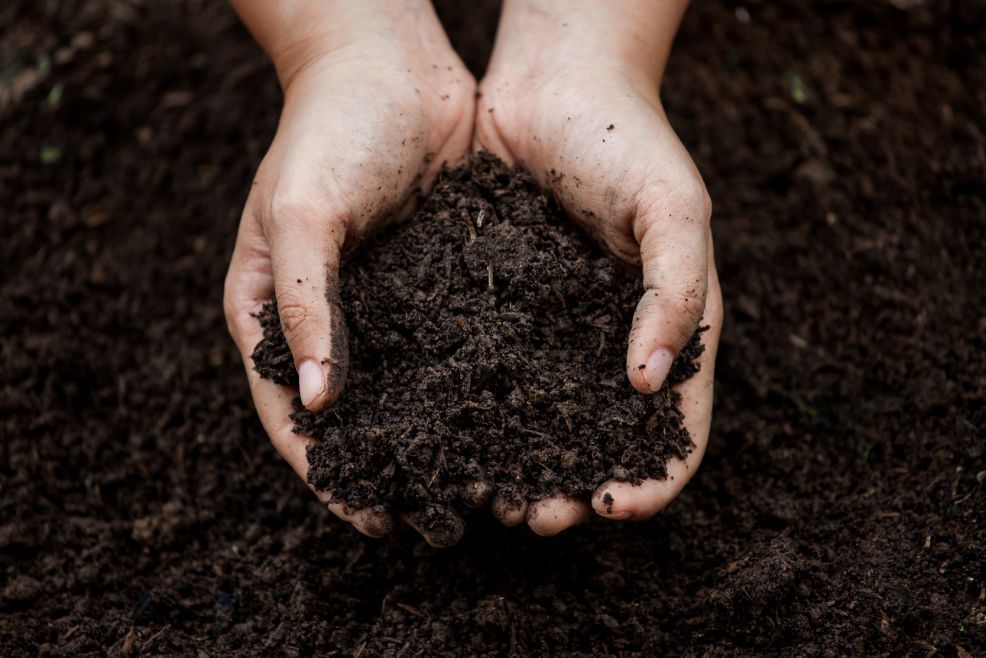
For farmers and agricultural project managers alike, the age-old question of fertiliser vs compost is a crucial decision that dictates which products to buy in order for optimum plant growth or crop yield. Understanding the fundamental differences between these solutions can profoundly impact soil health and overall plant or crop performance. This blog will detail the essential characteristics and advantages of both fertiliser and compost and help you choose the right one for your specific needs.
